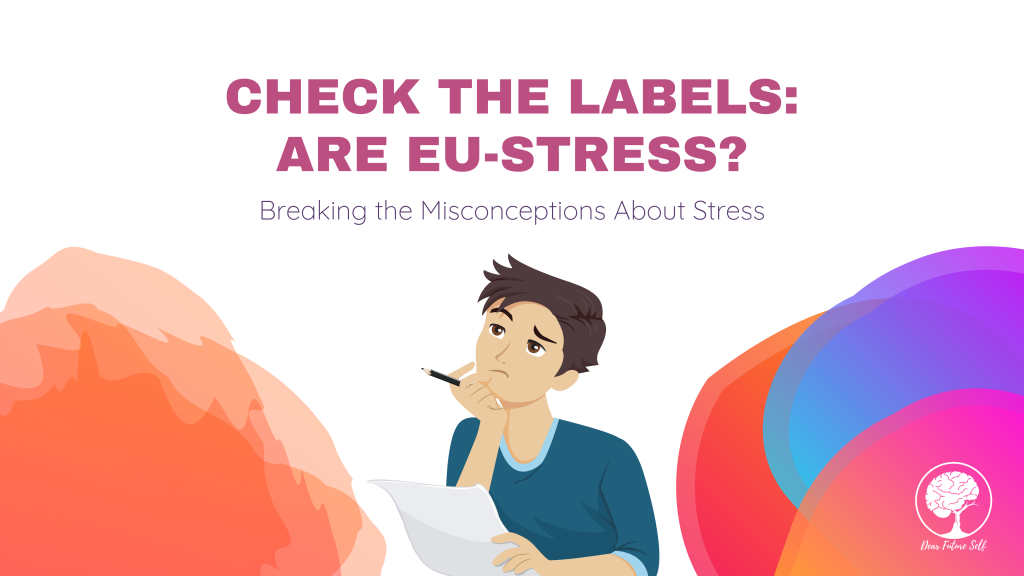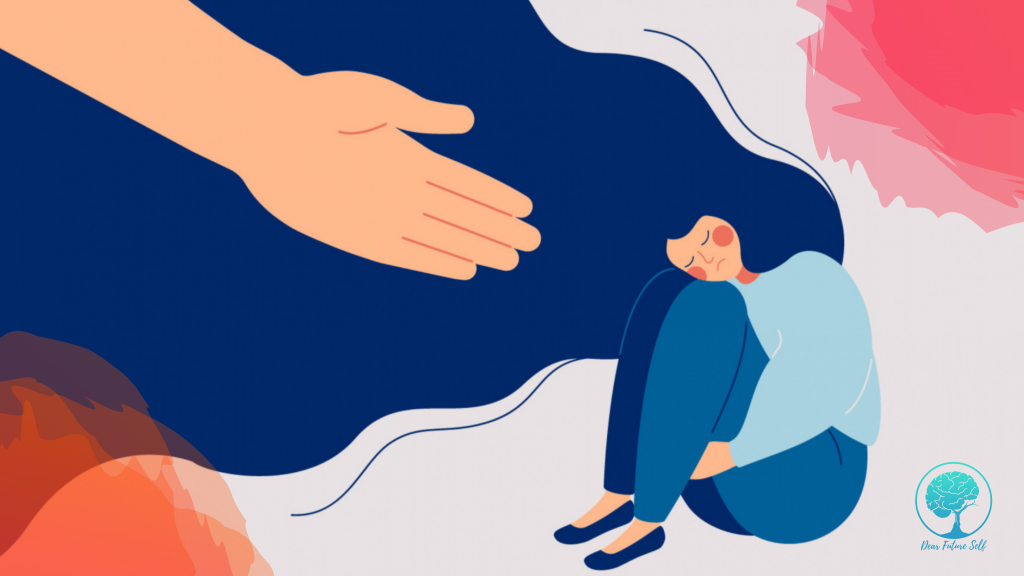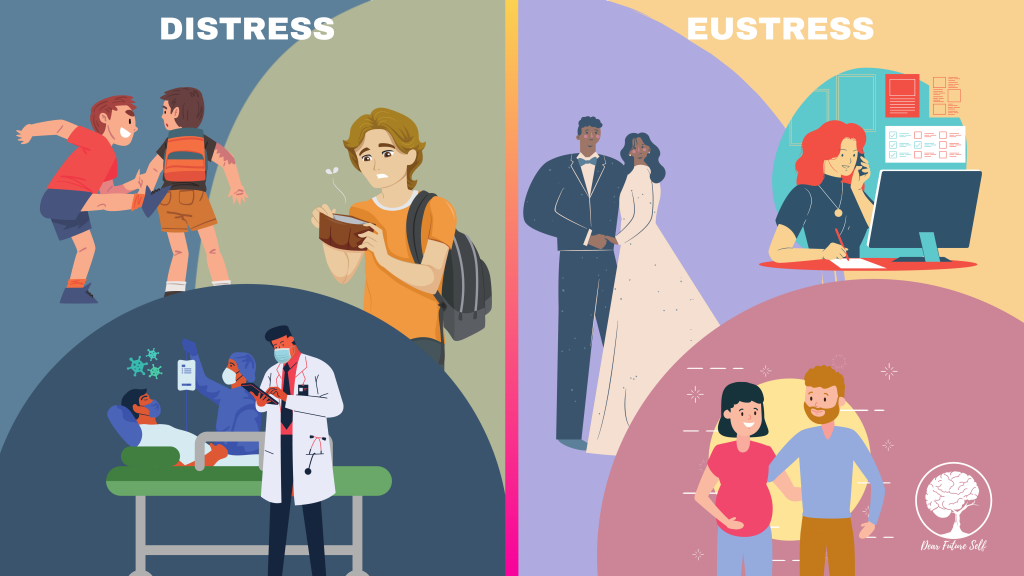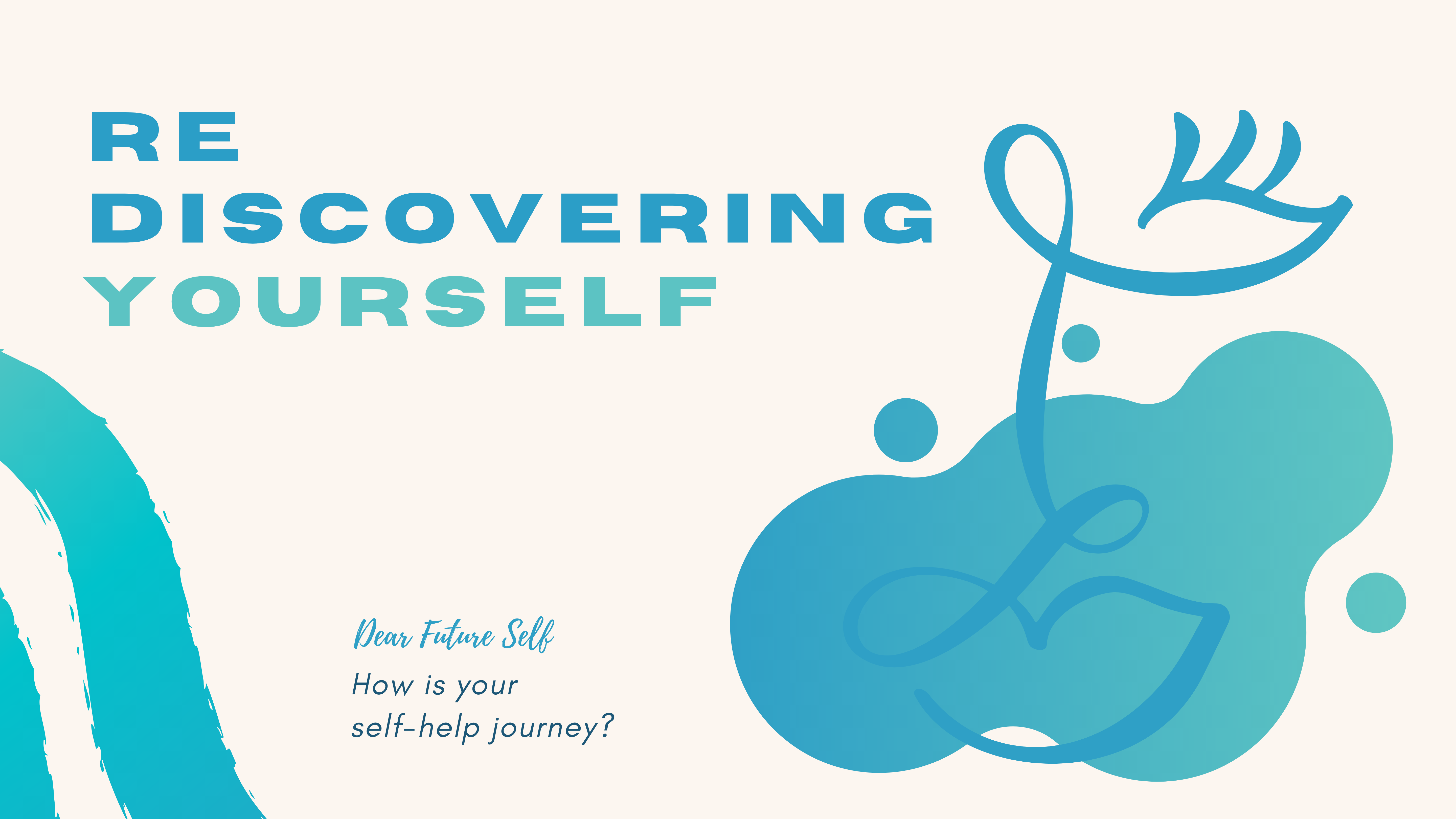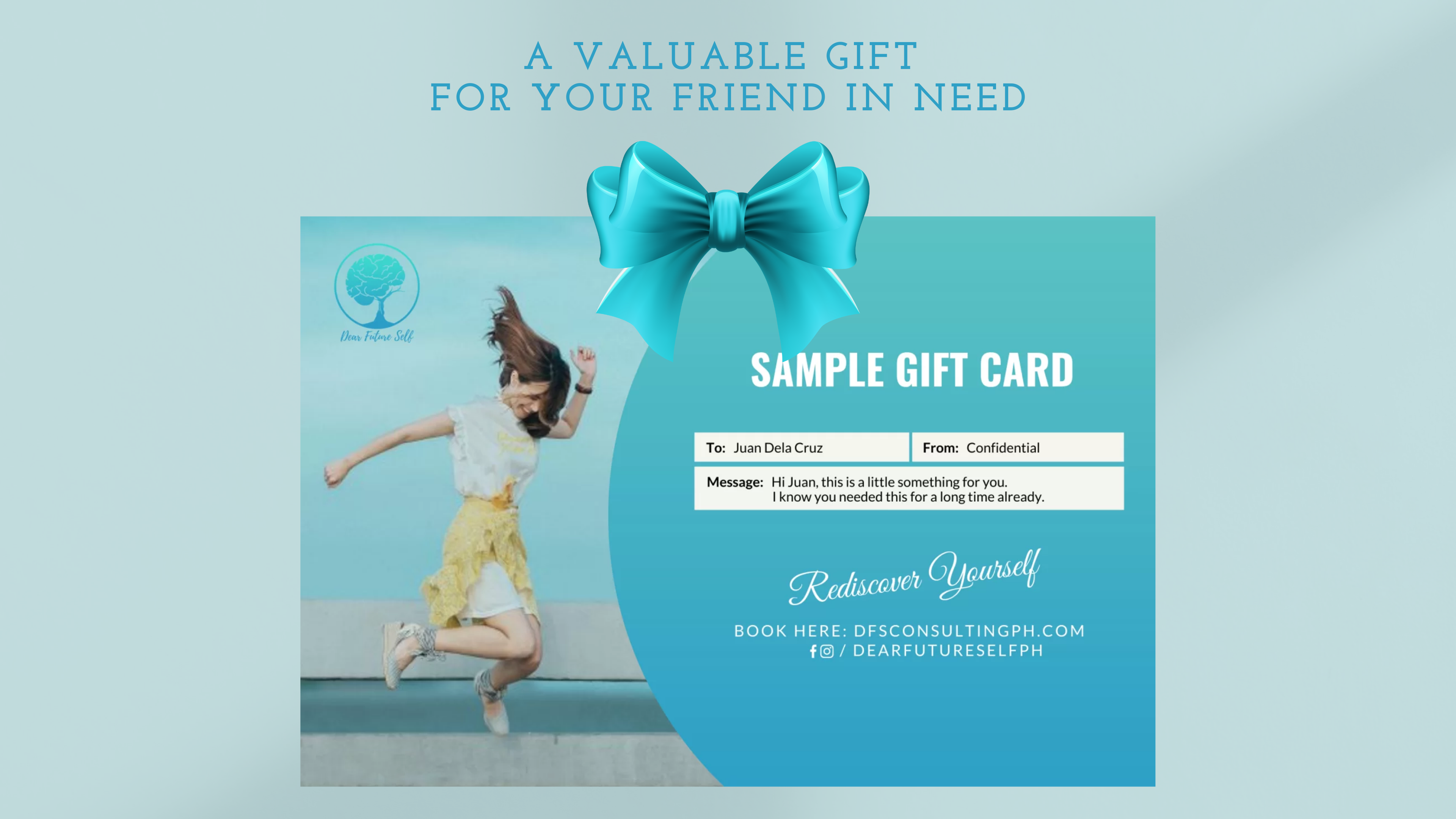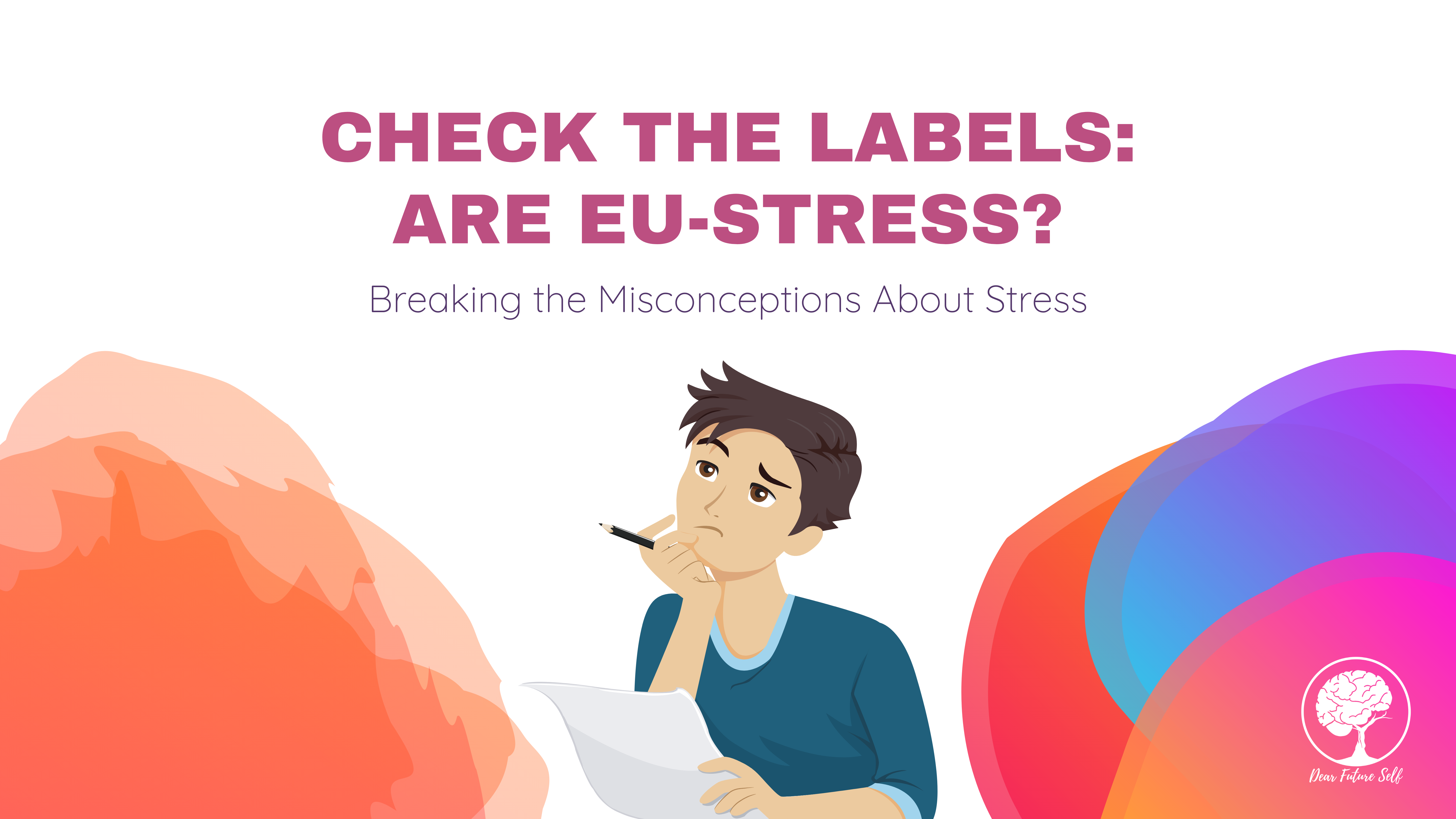
11 Aug CHECK THE LABELS: ARE EU-STRESS?
Breaking the Misconceptions About Stress
– Introduction to Eustress and Distress
Upon hearing the word stress, most people would associate this with something negative, something unpleasant, or some unwanted experience. Stress has always been mistreated by individuals, not knowing that it is also something that gives us benefit at some point in our lives. In fact, stress is not always a bad thing. Stress is our body’s reaction to changes which place strain on it. Therefore, there are things that work in accordance with what we want to happen which we are not aware that are also part of stress. It has been proposed that there is a distinction between eustress, which refers to positive stress, and distress, which refers to negative stress.
What is distress?
Distress- negative stress, is the well-known type of stress which makes you feel worried, afraid, or anxious. Negative experiences and situations are the most common causes of distress. This type of stress consists of the following characteristics:
-Inspires fear or dread.
-Can be for a short or extended period of time.
-It’s thought to be beyond our coping skills.
-It makes us feel bad.
-Has a negative impact on performance.
-Can result in emotional and physical issues.
What is eustress?
Eustress, on the other hand, is a type of pleasant or positive stress. It’s usually brought on by happy events like starting a new career or getting married. Eustress can have beneficial effects, such as increasing mental toughness and even physical strength. It assists with goal-setting and motivation. This type of stress has the following characteristics:
-Inspires and concentrates energy.
-It’s a temporary situation.
-It’s thought to be within our coping capabilities.
-It’s enthralling.
-Improves efficiency.
While eustress is positive, when a situation or experience becomes too overpowering, or when other stressors occur at the same time, it can turn into distress. If this happens, you should practice stress management techniques until your general stress level is lower.
To see the difference between the two more evidently, here are examples of eustress and distress which people often experienced.
|
DISTRESS |
EUSTRESS |
|
|
|
|
|
|
|
|
|
|
|
|
Now that we are able to answer common misconceptions that stress is purely negative, what are the stresses that you are currently experiencing? Are they eustress or distress? And what kinds of eustress would you tell your ![]() that you want to experience?
that you want to experience?
References:
Types of Stressors (EUSTRESS VS. DISTRESS). MentalHelp.net. https://www.mentalhelp.net/stress/types-of-stressors-eustress-vs-distress/
The Difference Between Distress and Eustress. Wellness. https://www.painscale.com/article/the-difference-between-distress-and-eustress#
Self-Help Corner
Seek Professional Help

Gift Certificates & Self-Care Package
Connect with Us


